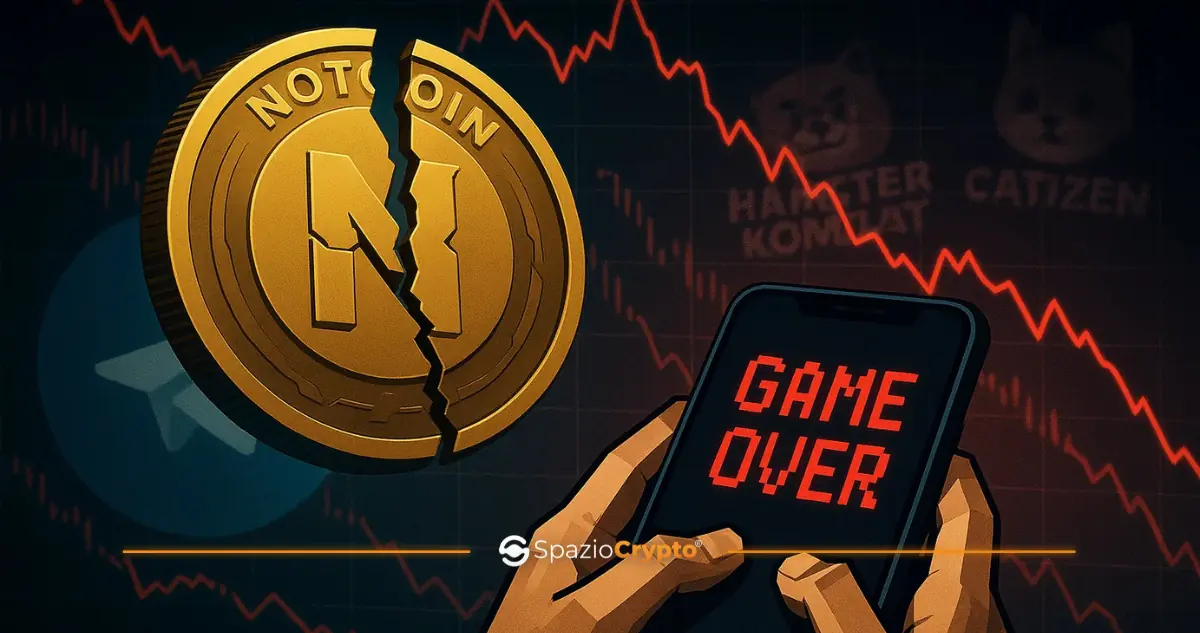Just a few days ago, we told you about the dossier of the European Central Bank that attacked, without half-measures, Bitcoin, calling it a risk as well as an asset to be strictly regulated, if not banned. Punctual, came the response of the attacked party, through the mouth of the Satoshi Action Fund, a group of cryptocurrency experts that recalls, in its name, that of the legendary creator of BTC who, in fact, originated the entire cryptocurrency infrastructure.
Indignation and Responses a Tone
The ECB report, authored by economists Ulrich Bindseil and Jürgen Schaff, sparked outrage among cryptocurrency supporters and blockchain enthusiasts. According to Murray Rudd, Action Fund spokesperson:
"The ECB paper portrays Bitcoin's volatility, lack of productive contribution and wealth concentration as critical flaws. The analysis appears unobjective and undermined by methodological weaknesses and personal or institutional biases. It does not provide a credible portrait of Bitcoin's usefulness or future."
Rudd's criticisms are particularly directed at the negative assessment given to BTC's long-term viability and pessimism about its social utility.
"By focusing on the technology's initial limitations, Bindseil and Schaff fail to acknowledge the significant progress that has been made to improve its scalability and efficiency."
₿REAKING: Full Academic Rebuttal to the anti-Bitcoin ECB paper officially published.
- Dennis Porter (@Dennis_Porter_) October 22, 2024
READ THE FULL REBUTTAL HERE: https://t.co/bgsralpn7k pic.twitter.com/yfKBCLQyMy
The Fundamental Errors in the Arguments of the ECB
According to the Action Fund, the authors of the report completely misunderstood the primary purpose of Bitcoin. The ECB argues that the primary purpose of the crypto queen has shifted from payments to long-term investments. This is a mistake. The Central Bank has not properly understood the technological underpinnings of cryptocurrency, let alone the concepts of decentralisation and proof-of-work, i.e. the very foundations of the blockchain infrastructure.
Those who argue in this manner demonstrate a culpable ignorance of BTC's usefulness as a store of value and its networking potential. Similarly, one struggles to understand how economic experts fail to grasp that the extreme volatility of cryptocurrencies is linked to the youth of a technology that is still in the early stages of its adoption.
The Two Authors' Response
Bindseil and Schaff, for their part, responded to the Fund's objections in a timely manner. According to the authors of the ECB paper, Rudd and his cohorts simply defended Bitcoin to the hilt, without ever going into the merits of what the two economists reported:
"It appears that the Satoshi Action Fund's representatives did not focus on our report published in early October 2024, but rather merely defended BTC against all criticism. They claim that we have positioned CBDCs as a superior solution for modern financial systems, but CBDCs are not even mentioned in our paper."
A Possible Conflict of Interest
The acronym CBDC stands for Central Bank Digital Currency and refers to a digital financial asset similar to cryptocurrency, but substantially different, as it is pegged to a fiat currency. The digital euro that the ECB is pushing hard on, for example, is a CBDC. Murray believes that the Central Bank may have an interest in de-valuing Bitcoin, portraying it as an inferior and speculative asset because it wants to promote its digital currency.
The SpazioCrypto Newsletter keeps you up to date, or updated, on the latest news from the Web3 and cryptocurrency world. Sign up now and don't miss any news.








